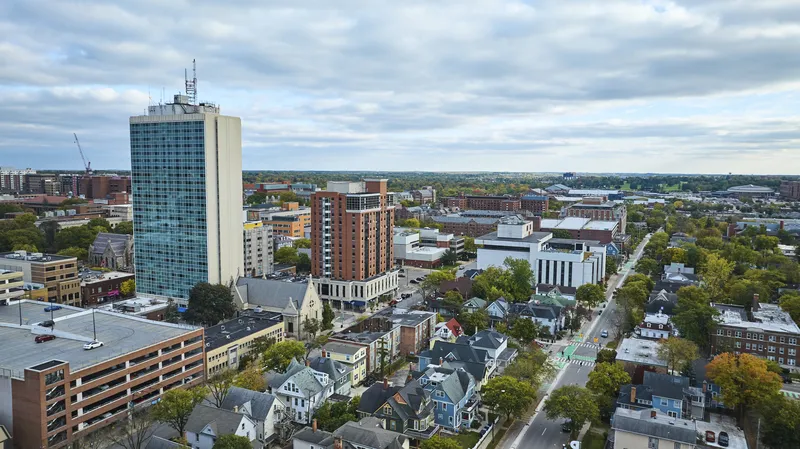
The US city of Ann Arbor, Michigan, is the first North American city to adopt the Yutraffic Fusion adaptive traffic management system from Yunex Traffic.
Since 2003, Ann Arbor, with a population of around 135,000, has used Yunex Traffic’s adaptive solutions to manage traffic, especially during Michigan football gamedays when the city's population quadruples. The adaptive solutions have optimised traffic flow and saved the city thousands of dollars in retiming costs, which typically occur every three to five years.
As connected and autonomous vehicle technology grows, having a signal system that can accommodate and respond to multi-modal traffic is crucial.
Public transportation stands to benefit, as Yutraffic Fusion can enhance signal prioritisation for buses and trams, ensuring more reliable schedules and efficient routes.
Yunex says this is the first multimodal adaptive solution, designed to move people efficiently, not just vehicles. First installations in European cities have shown significant improvements compared to conventional traffic control.
By using advanced data inputs and policy-driven controls, the system has the ability to prioritise vulnerable road users, reducing potential conflict points.
In Ann Arbor, it will be compared with existing adaptive technology and tested in cases such as the accelerated deployment of city maintenance vehicles.
“Adaptive technologies have been around for years, but historically they have been clunky and tedious to make the solution respond the way you want,” said Marc Segal, head of US adpative solutions at Yunex Traffic North America. “With Yutraffic Fusion, the menus, screens and workflows are intuitive, making changes easier than ever before.”









